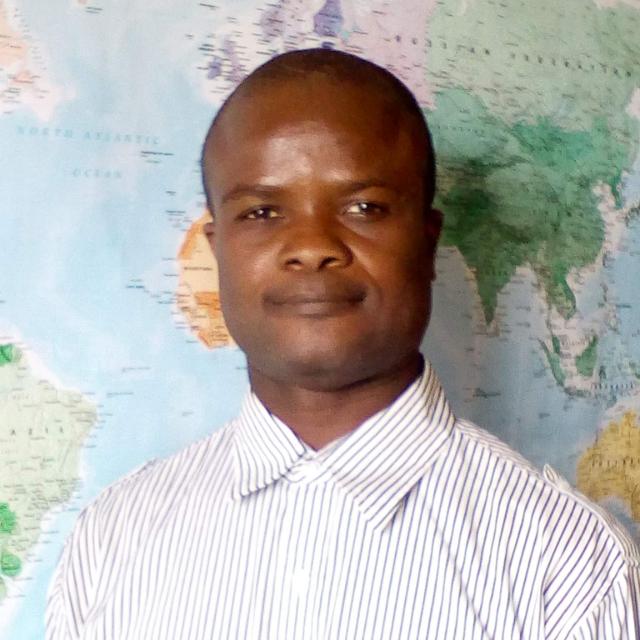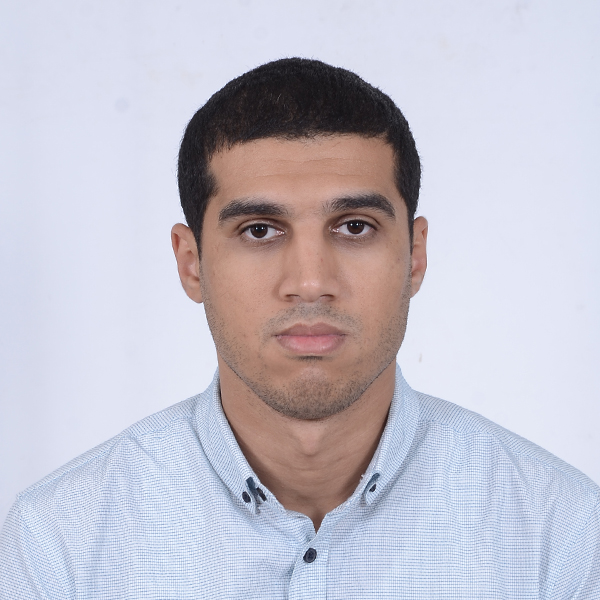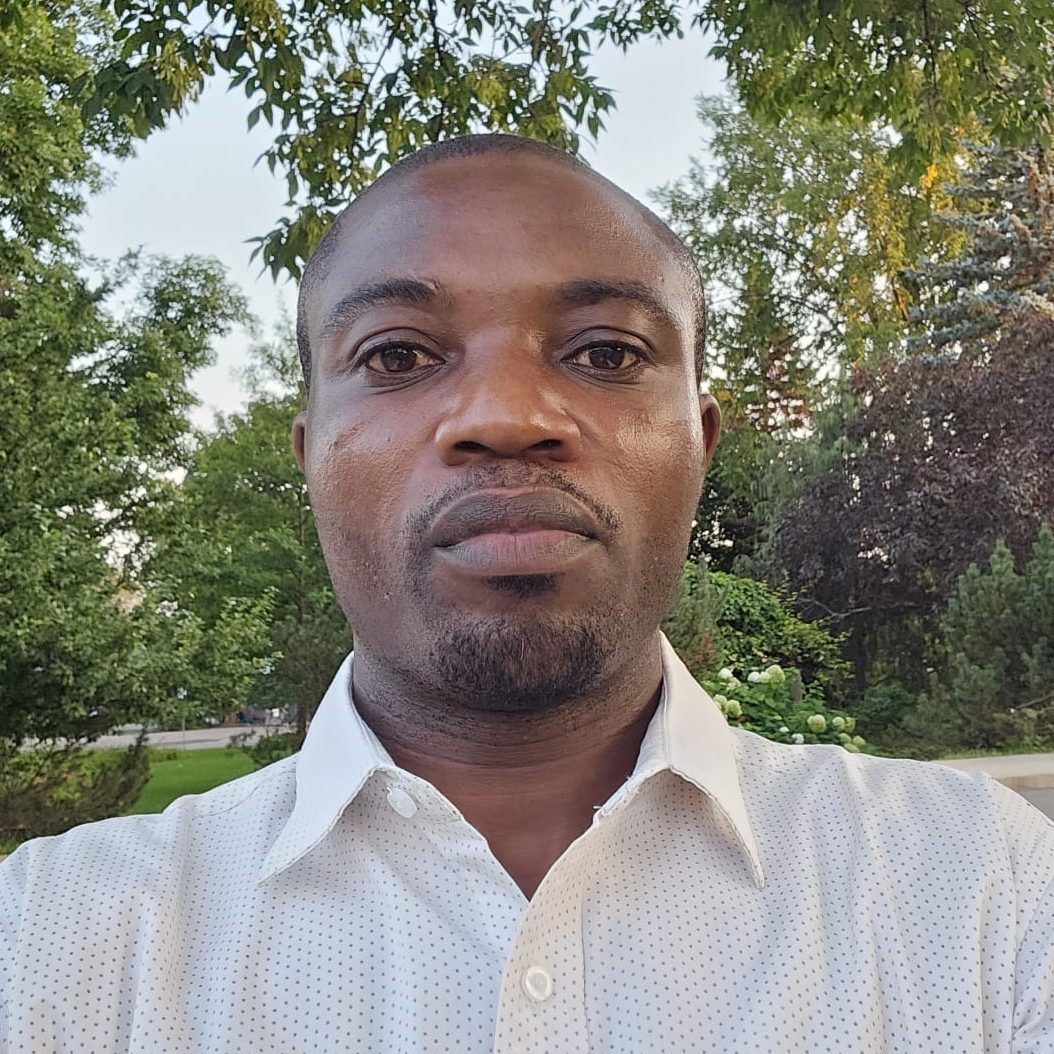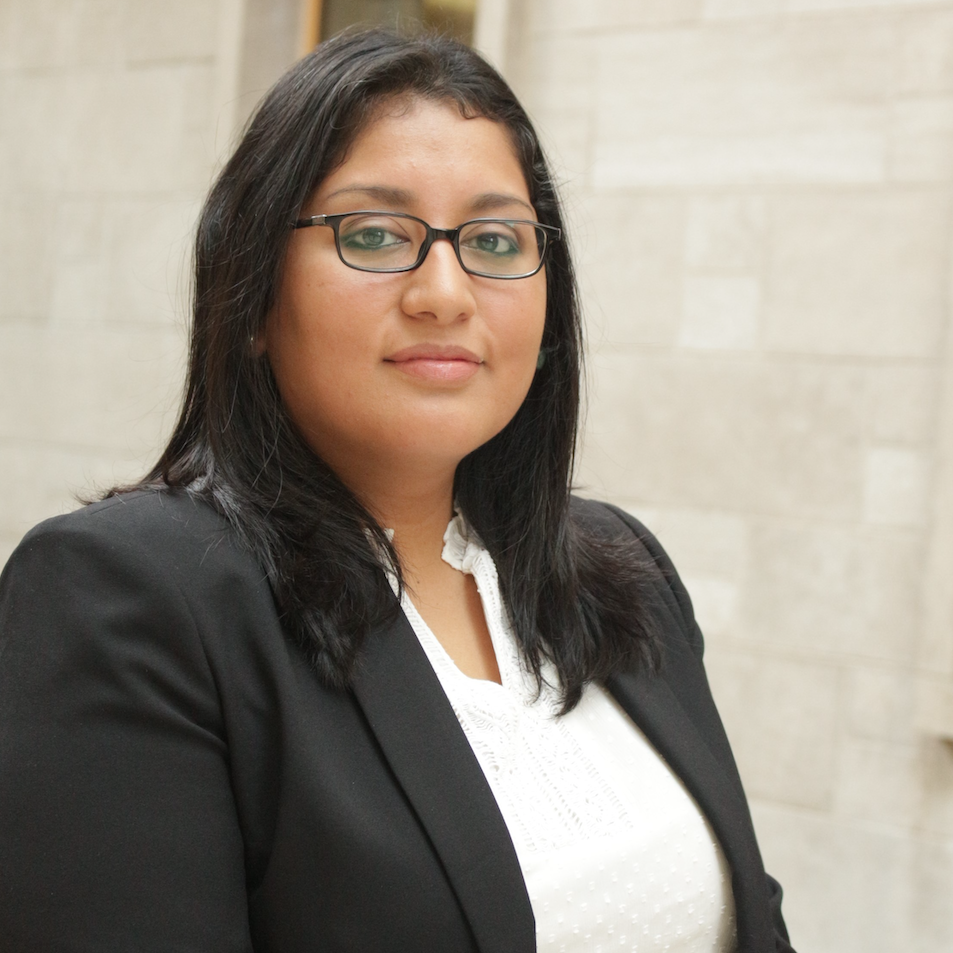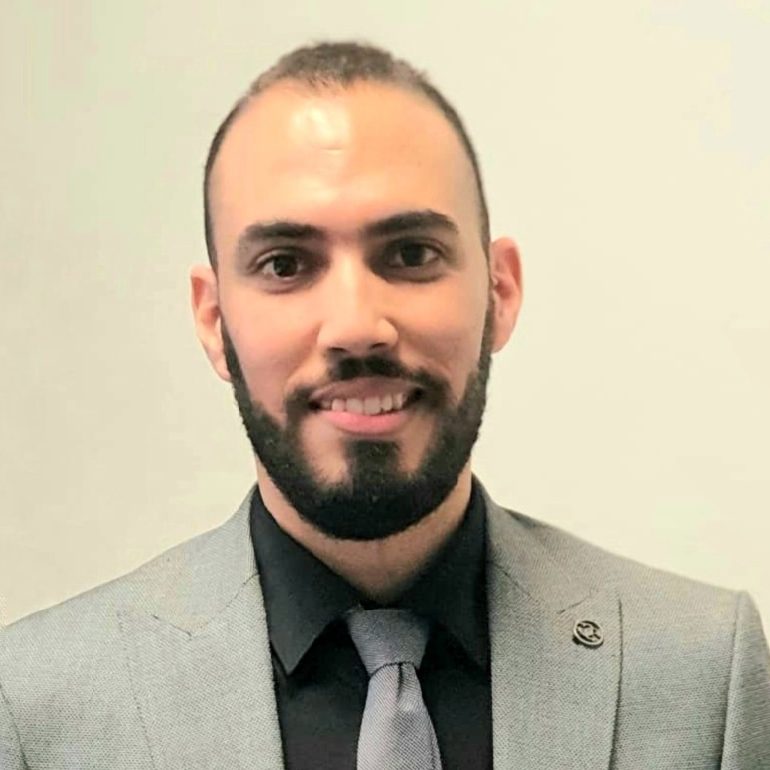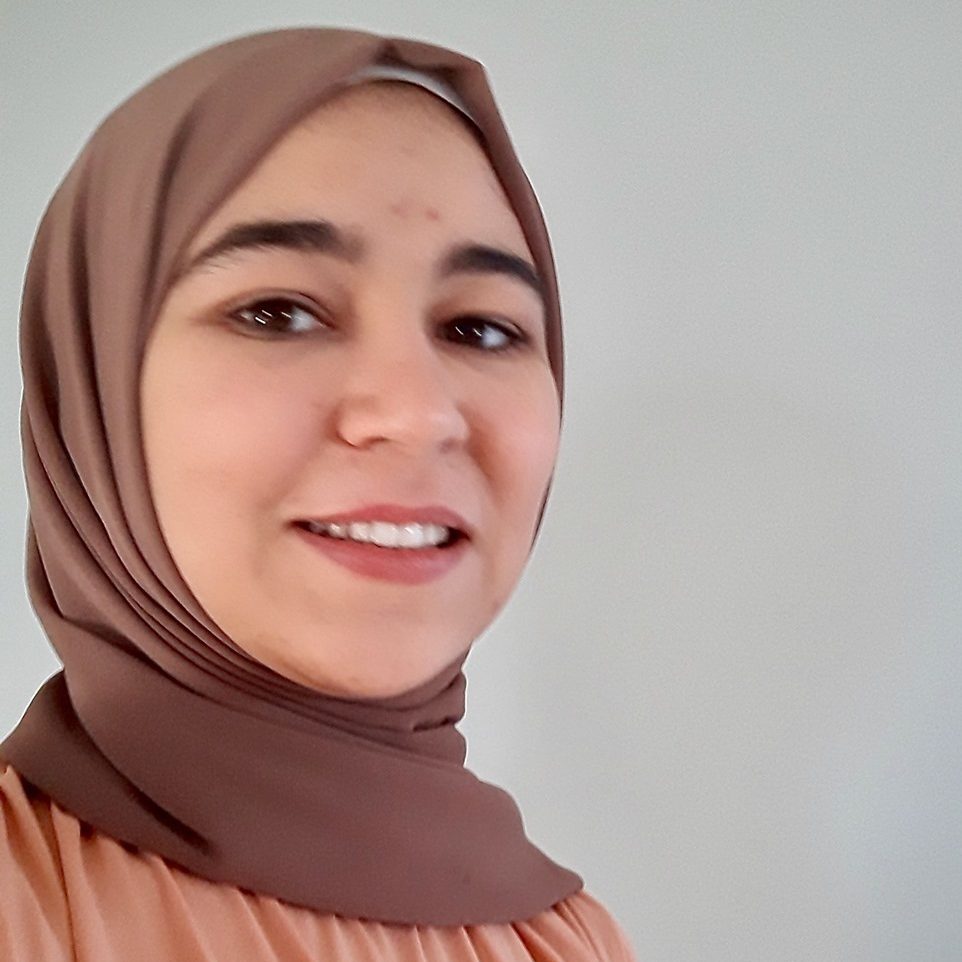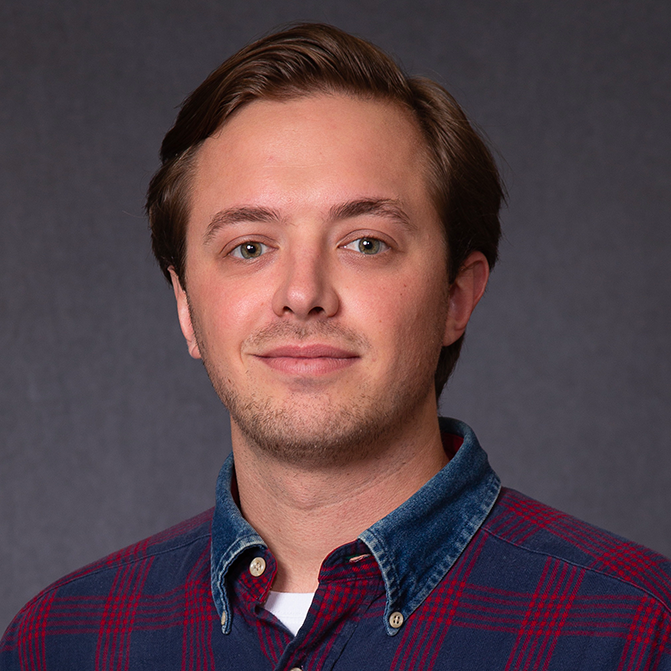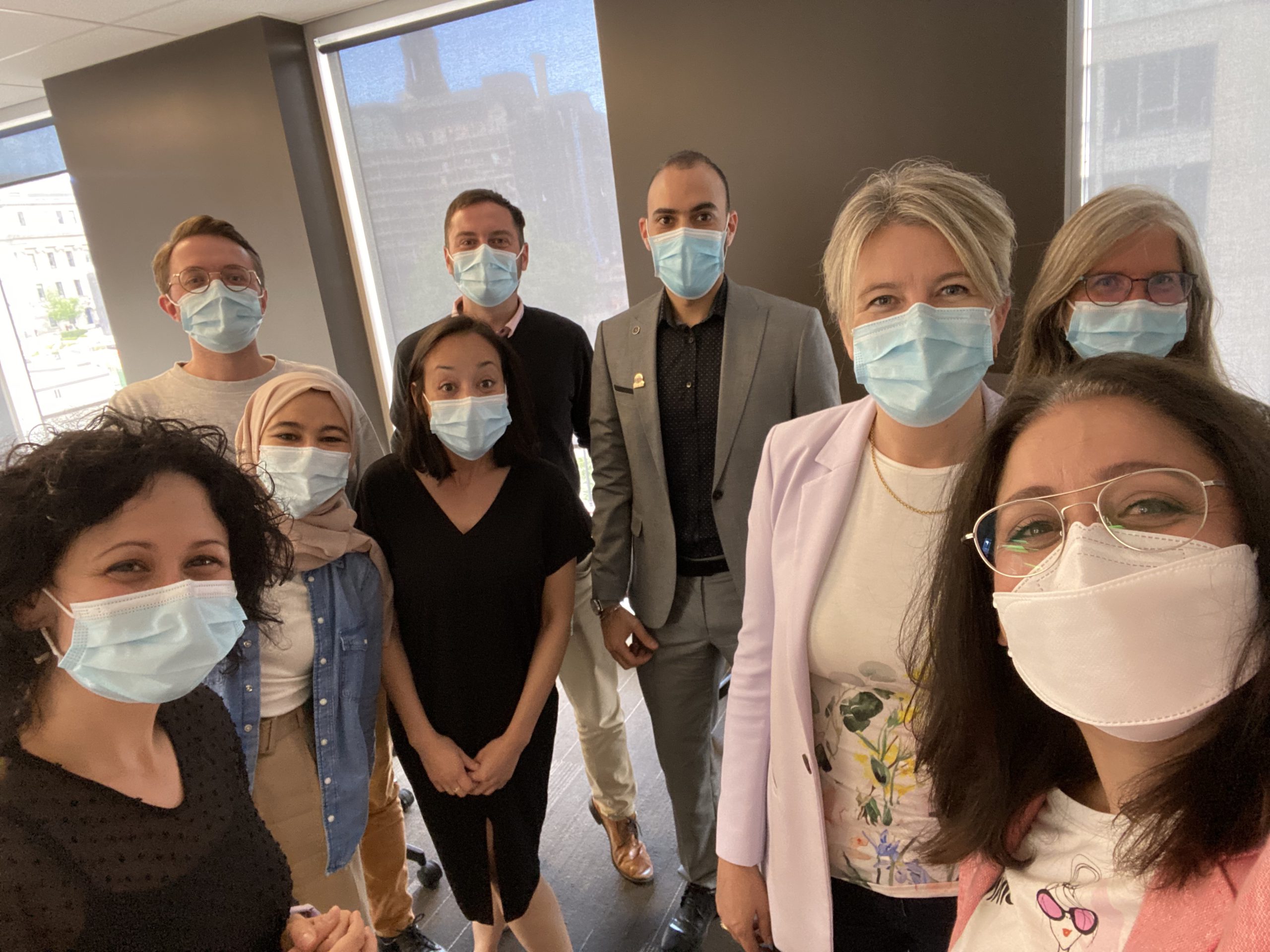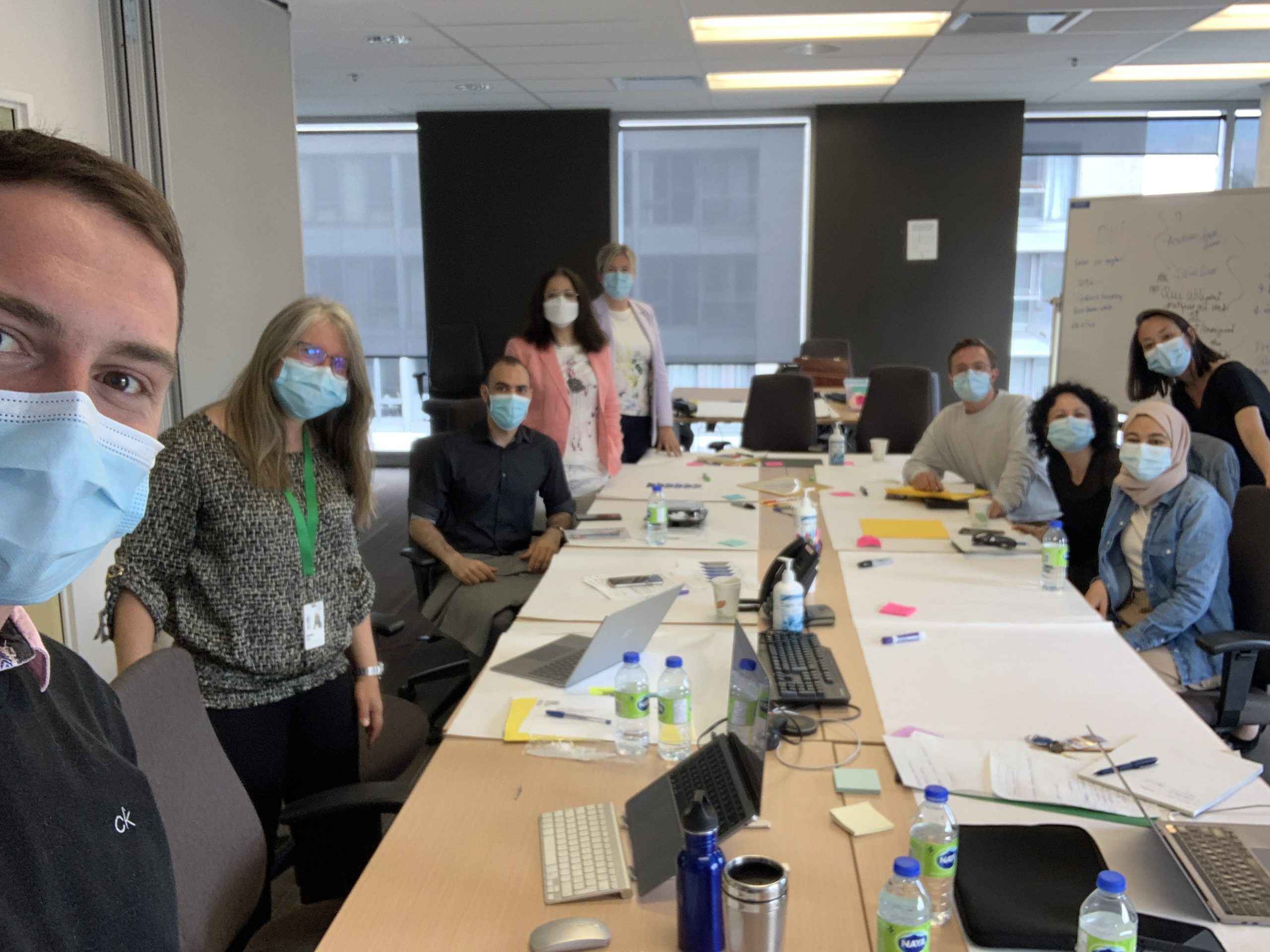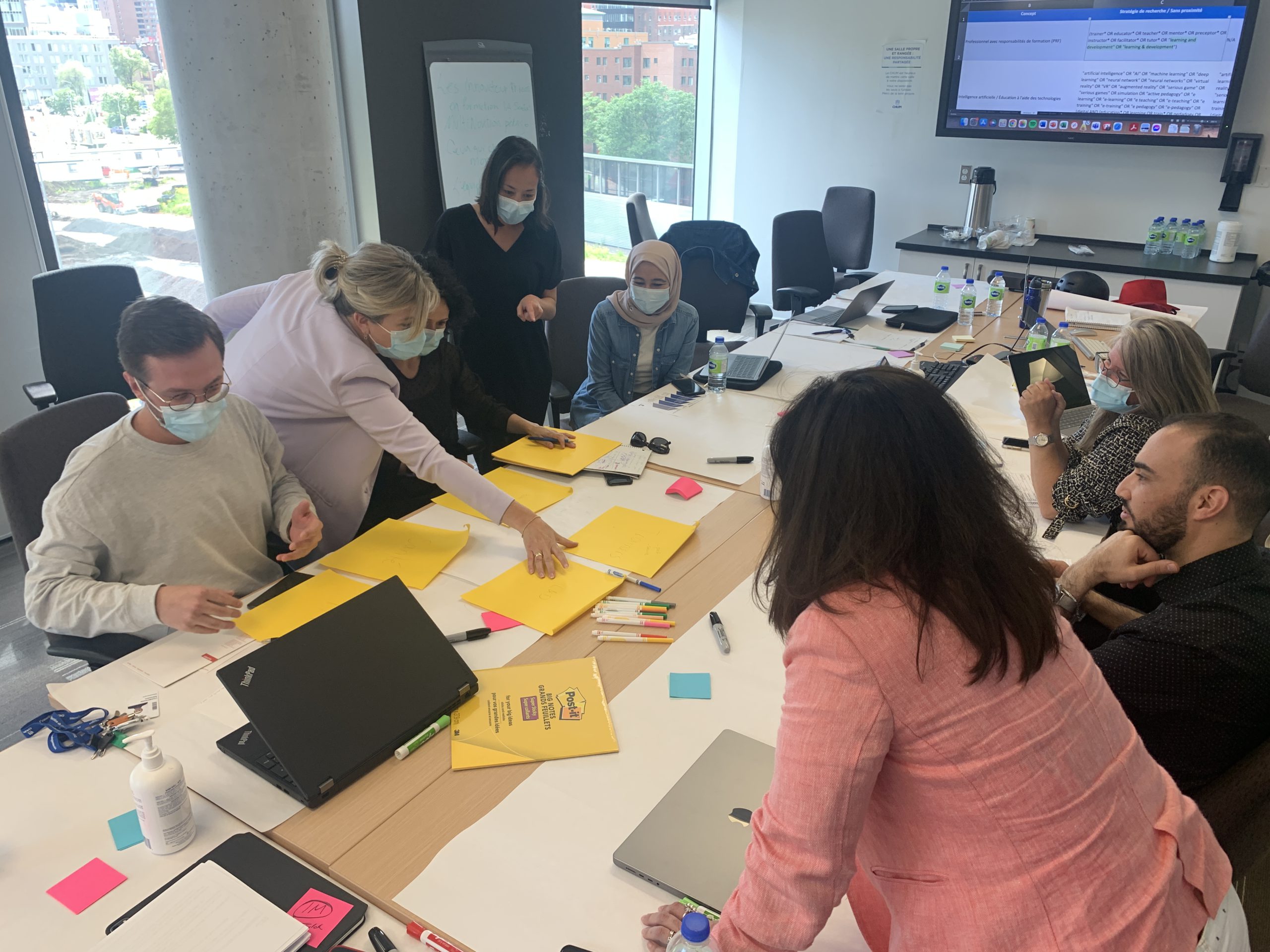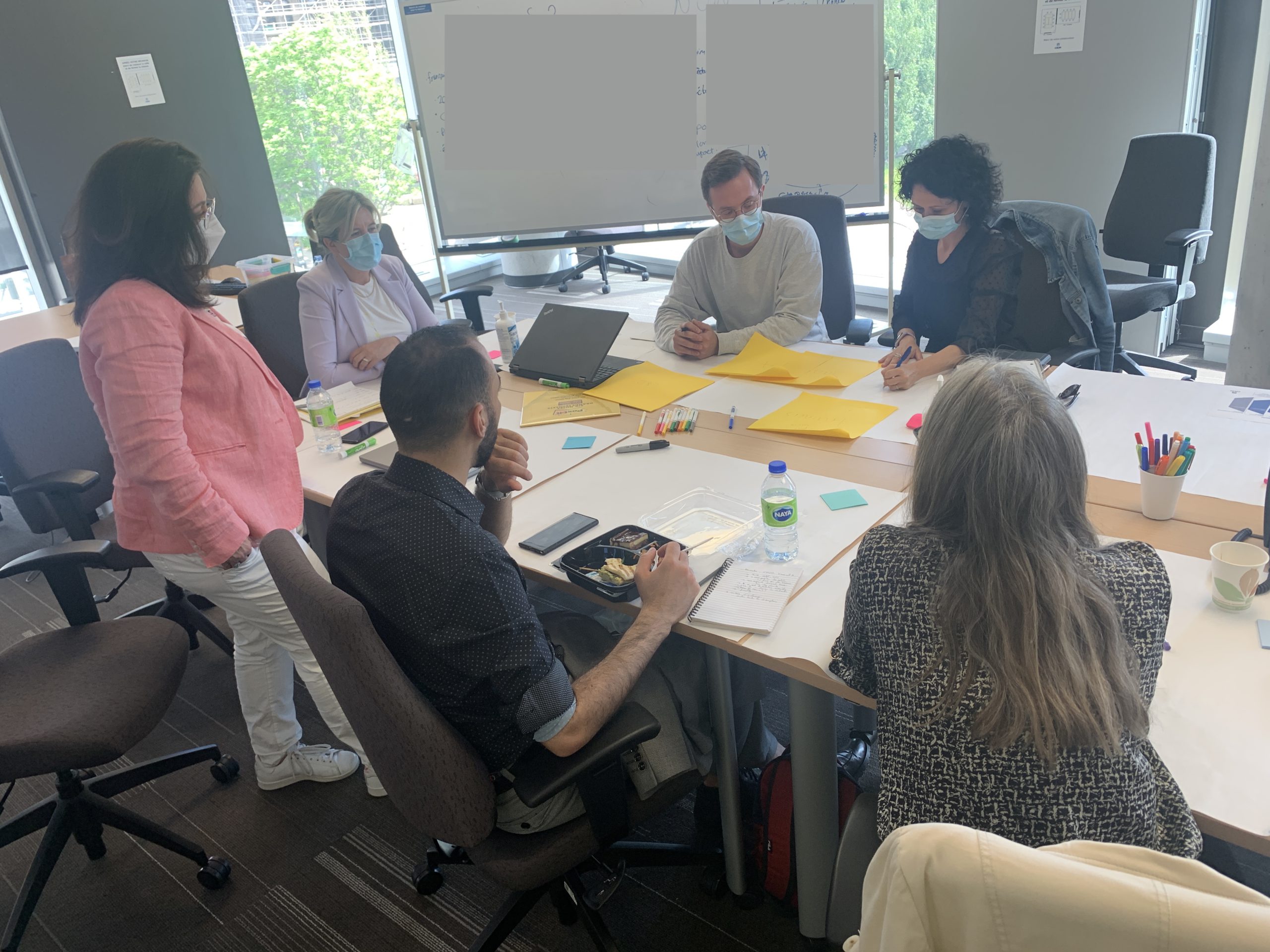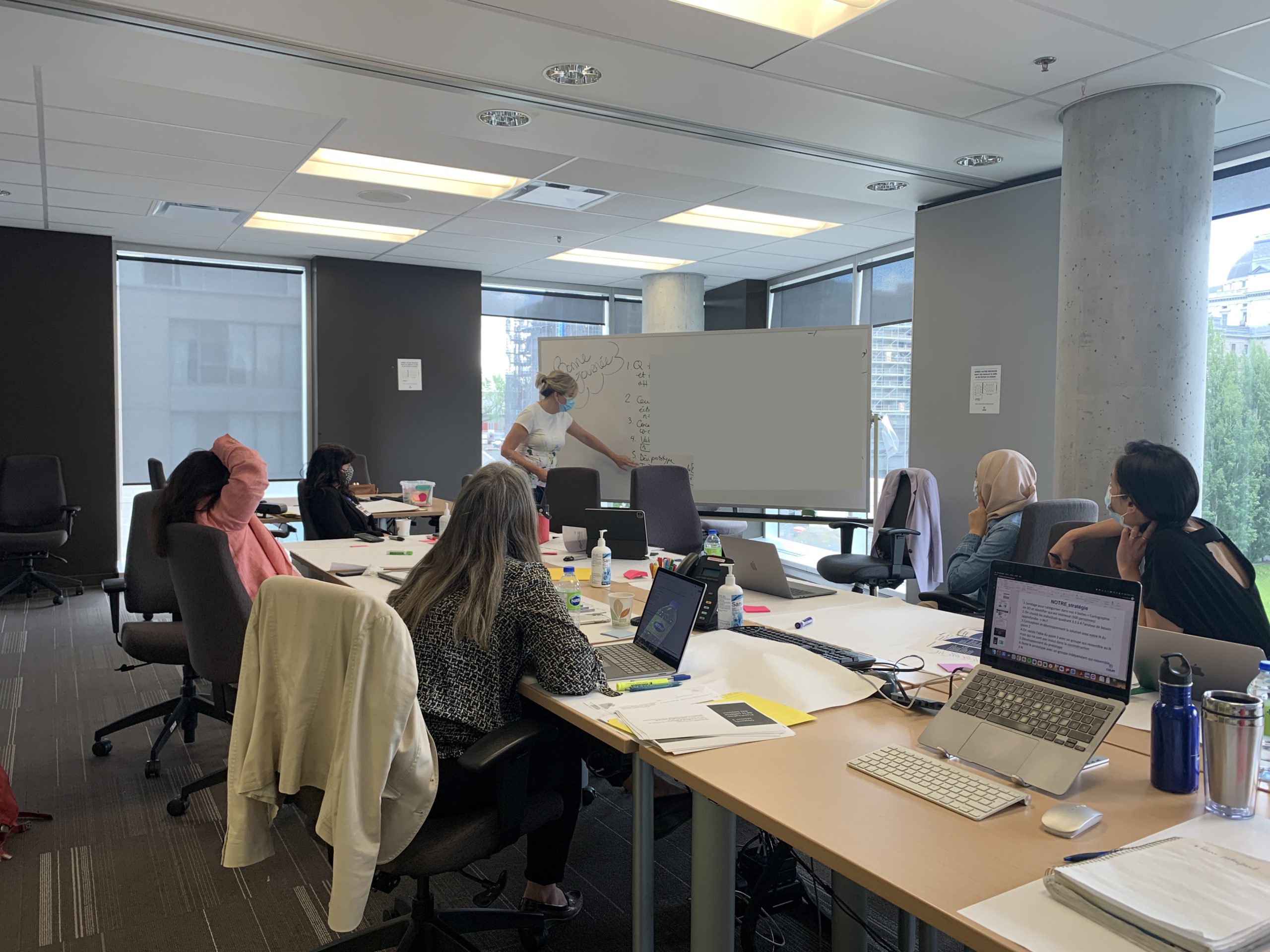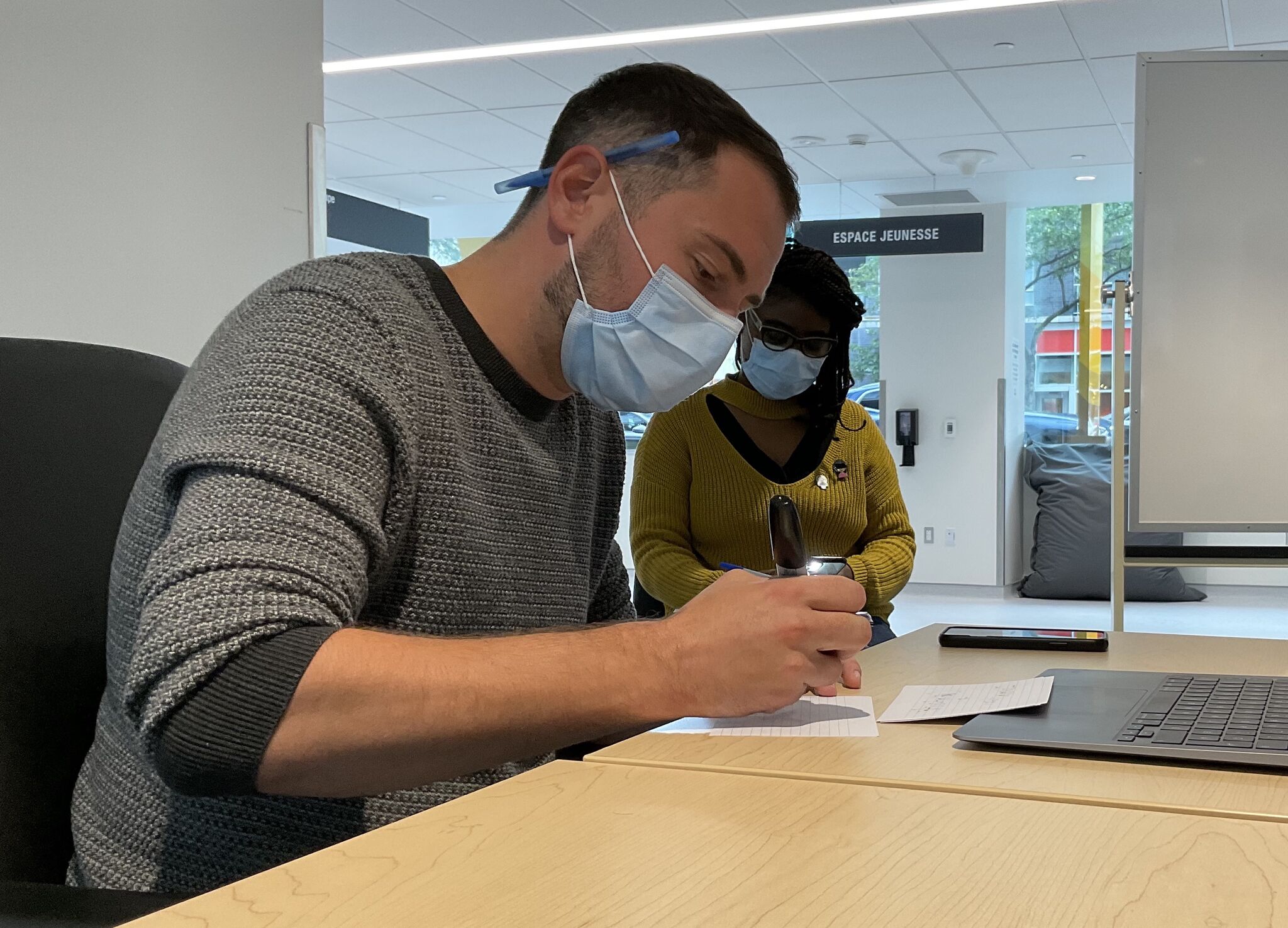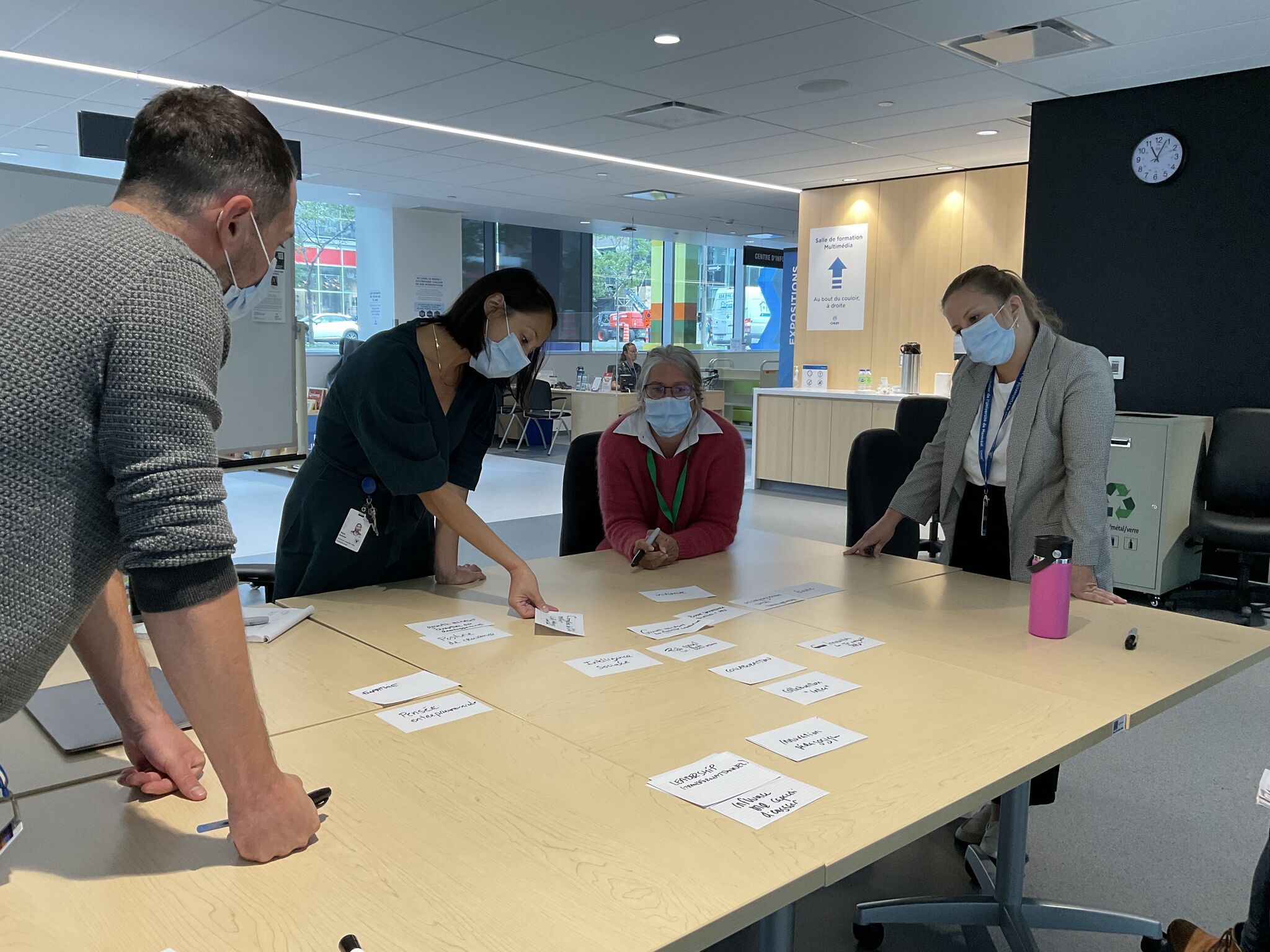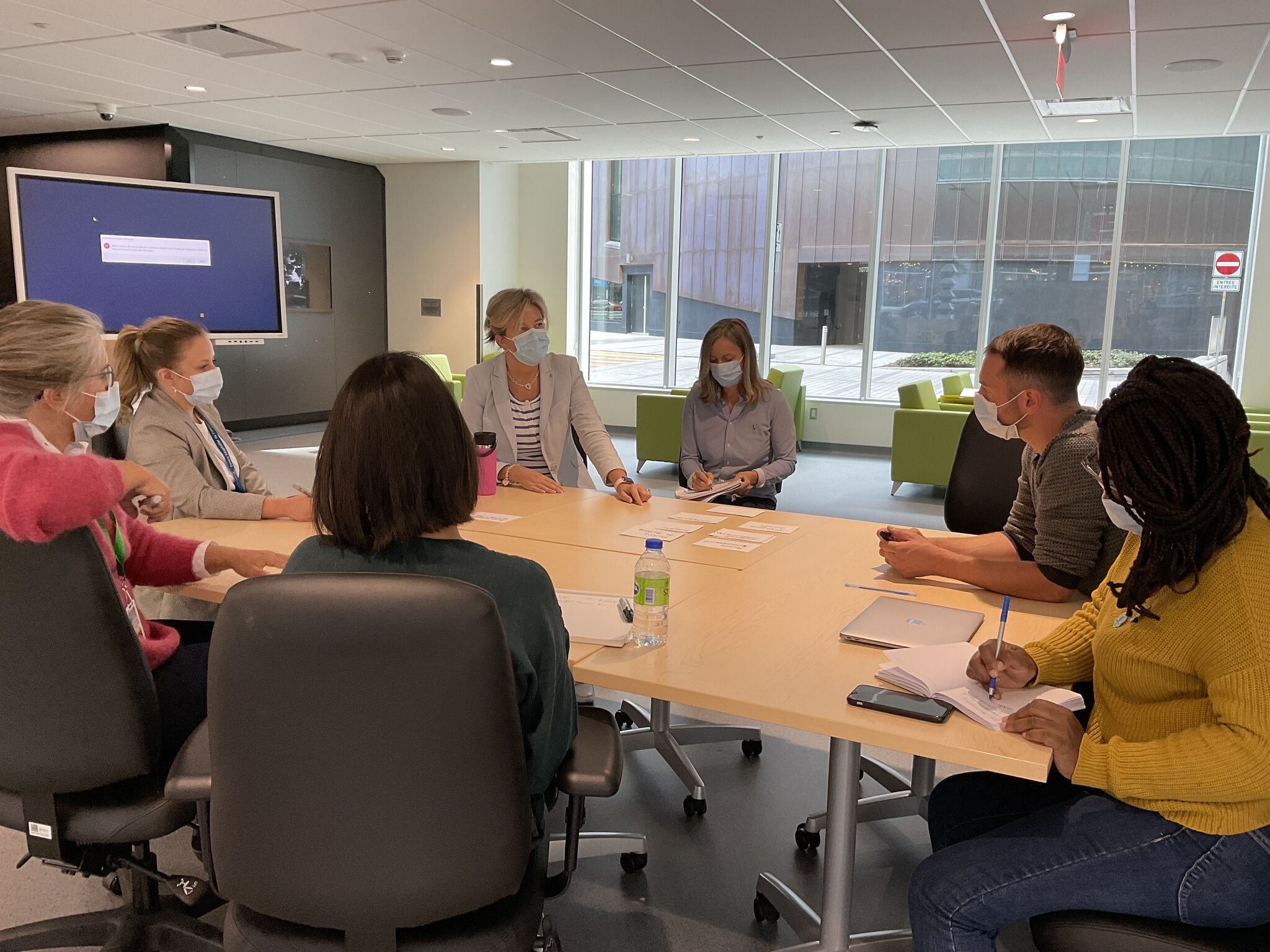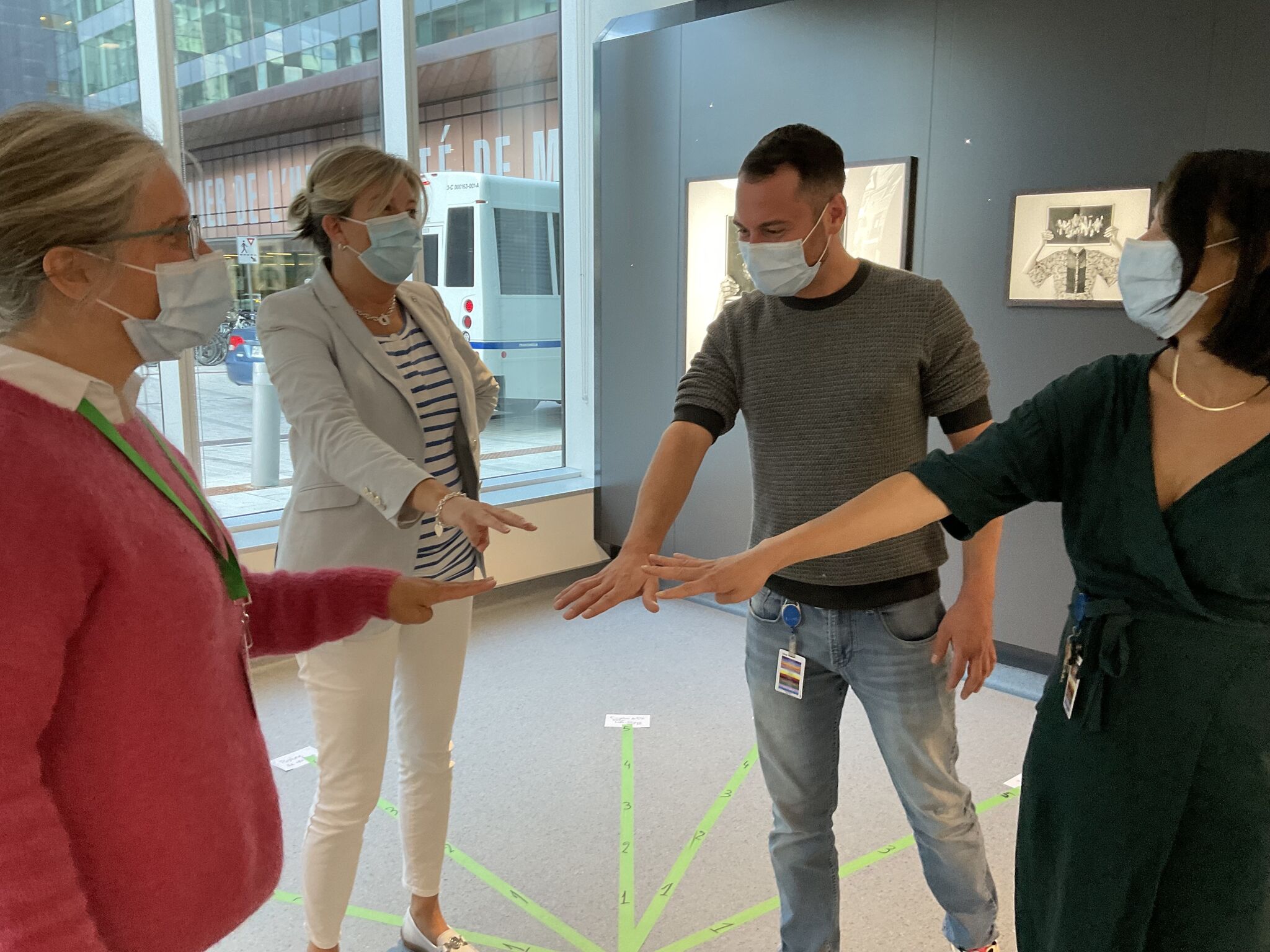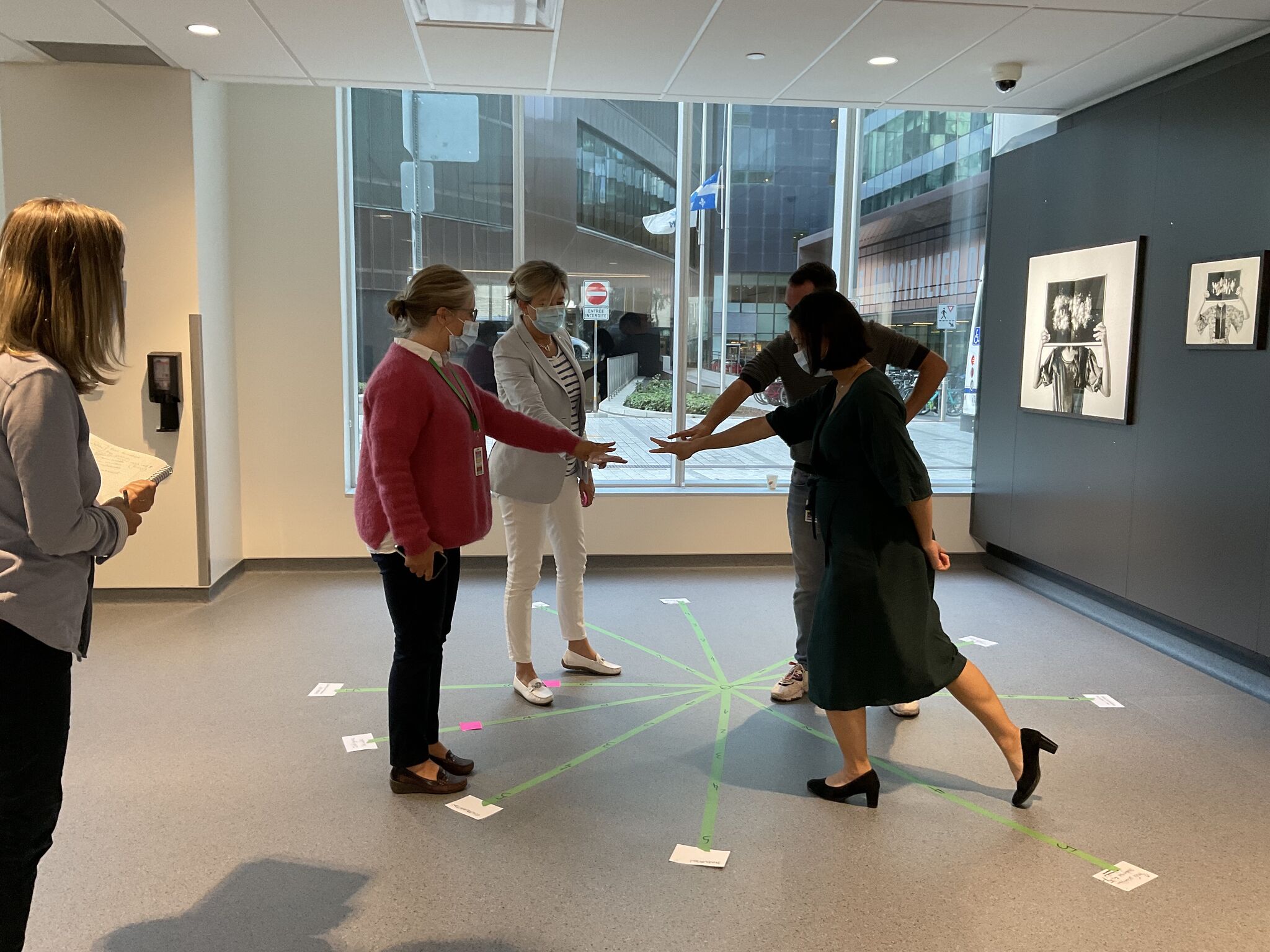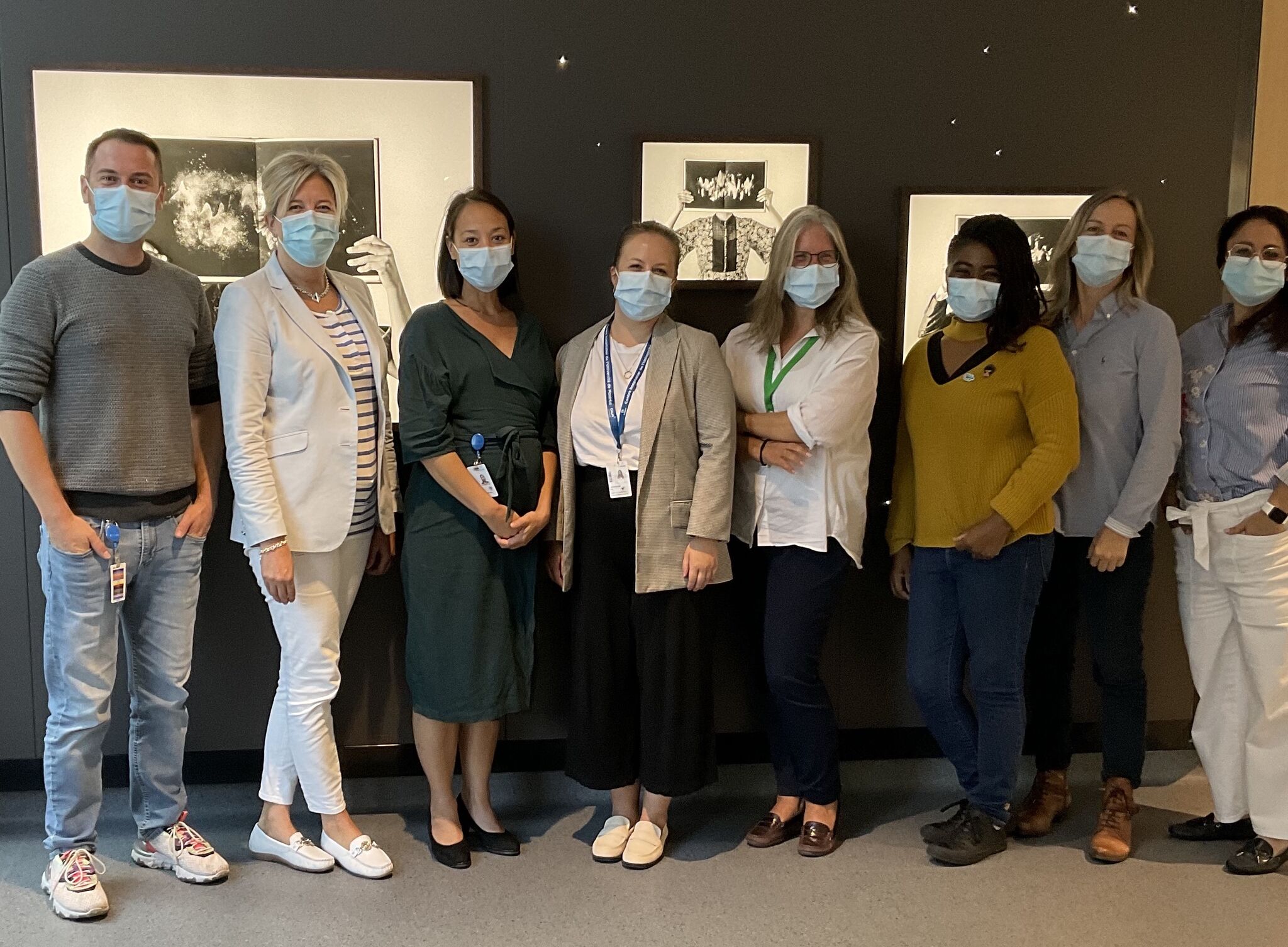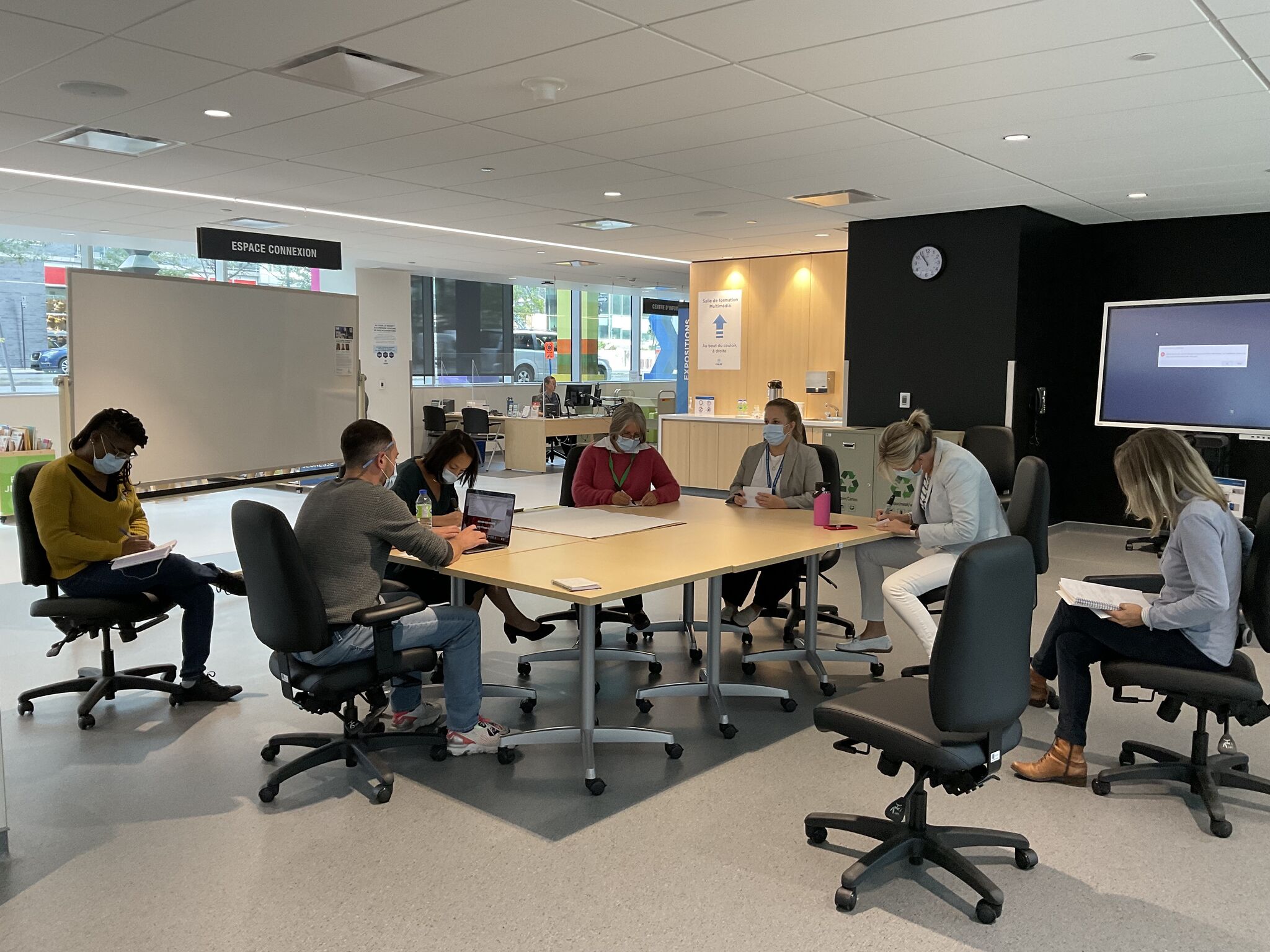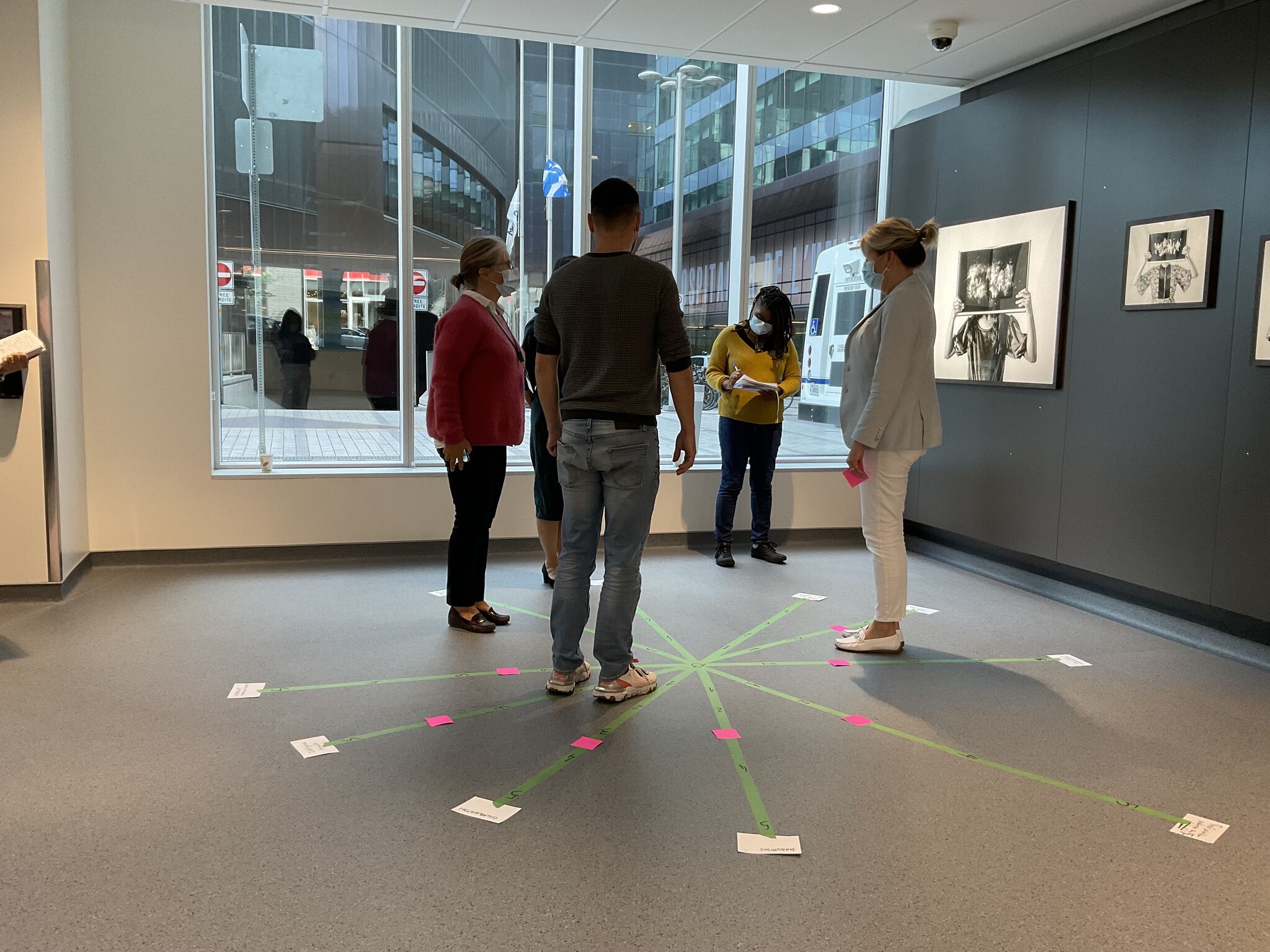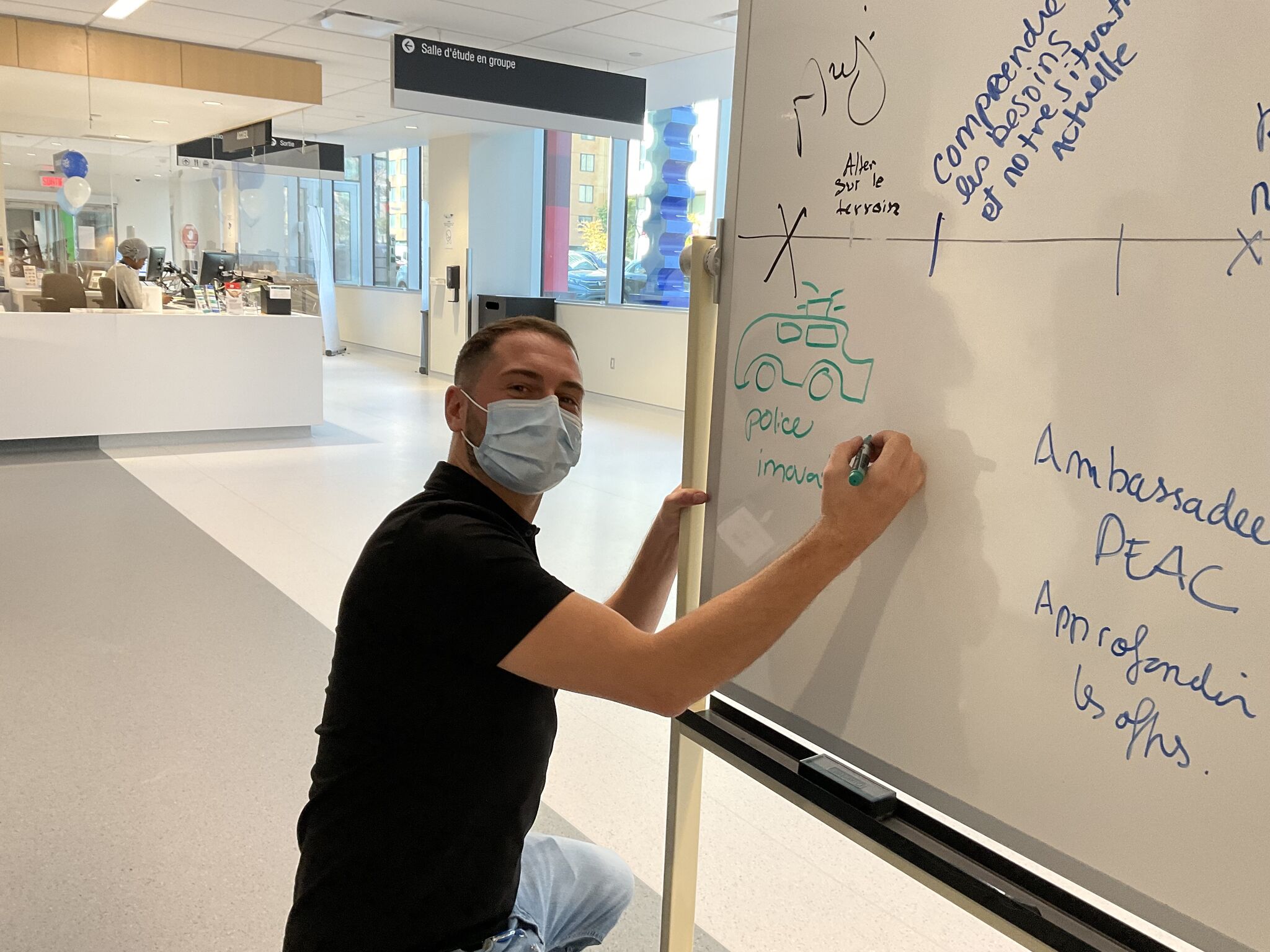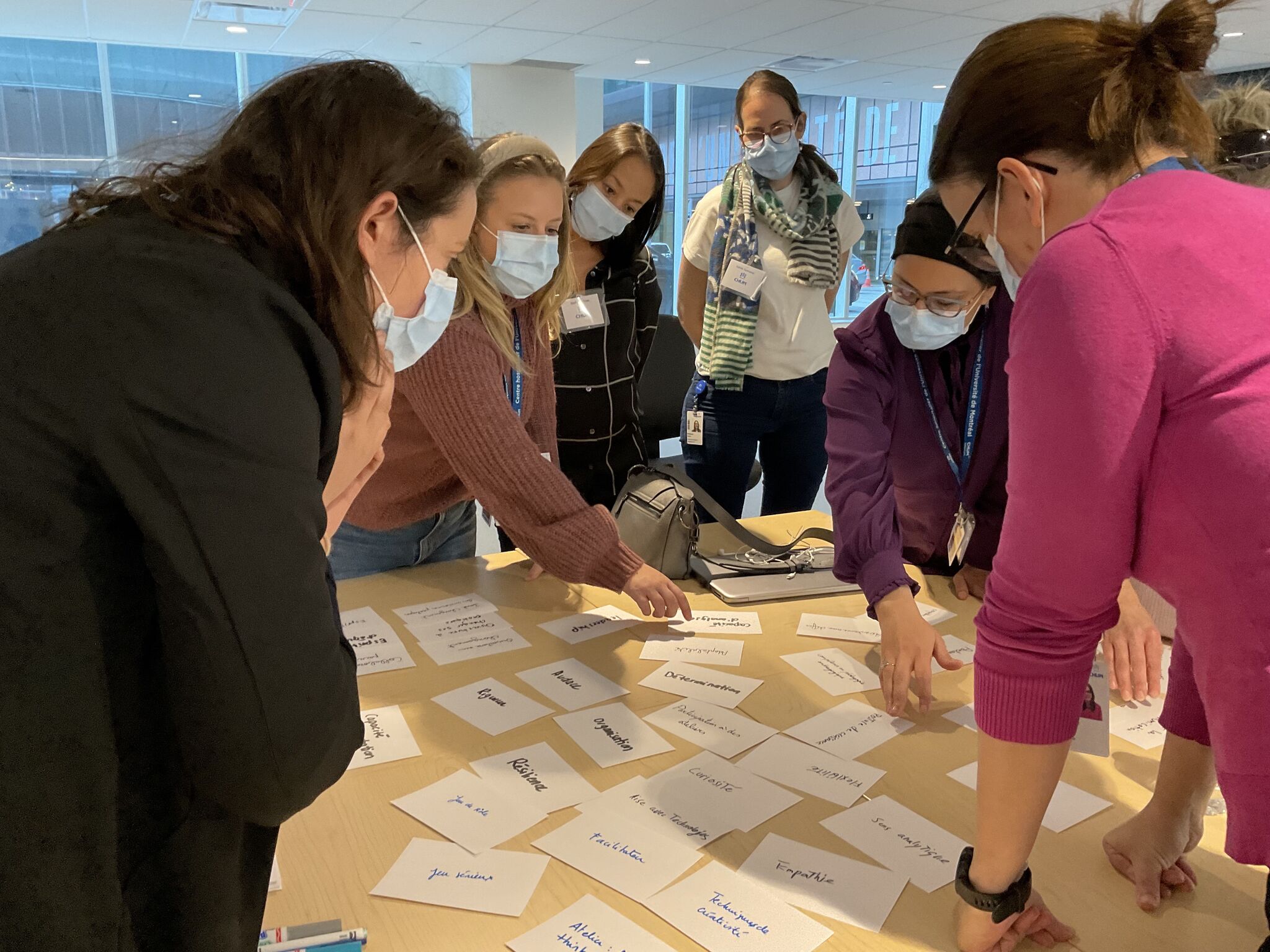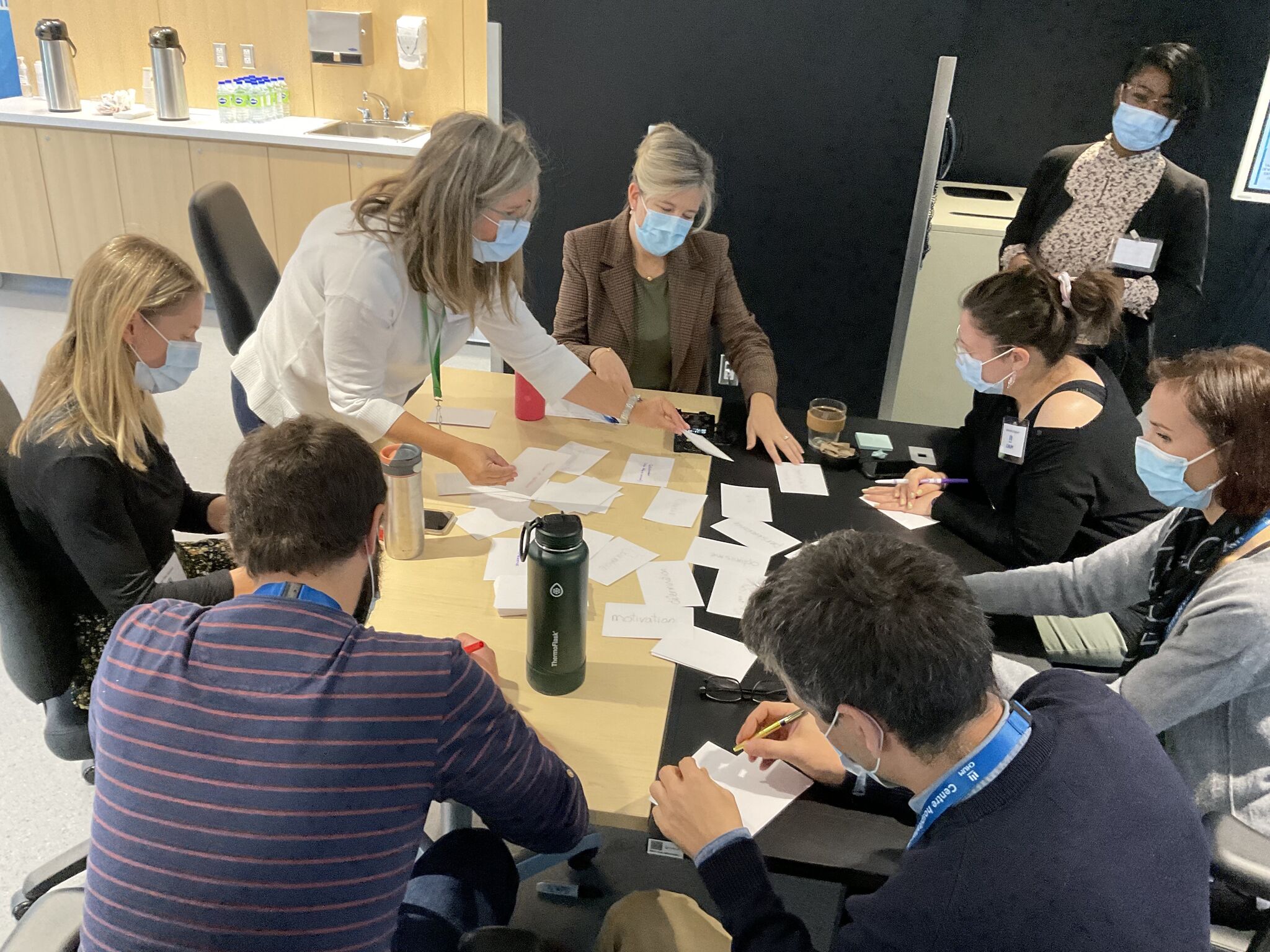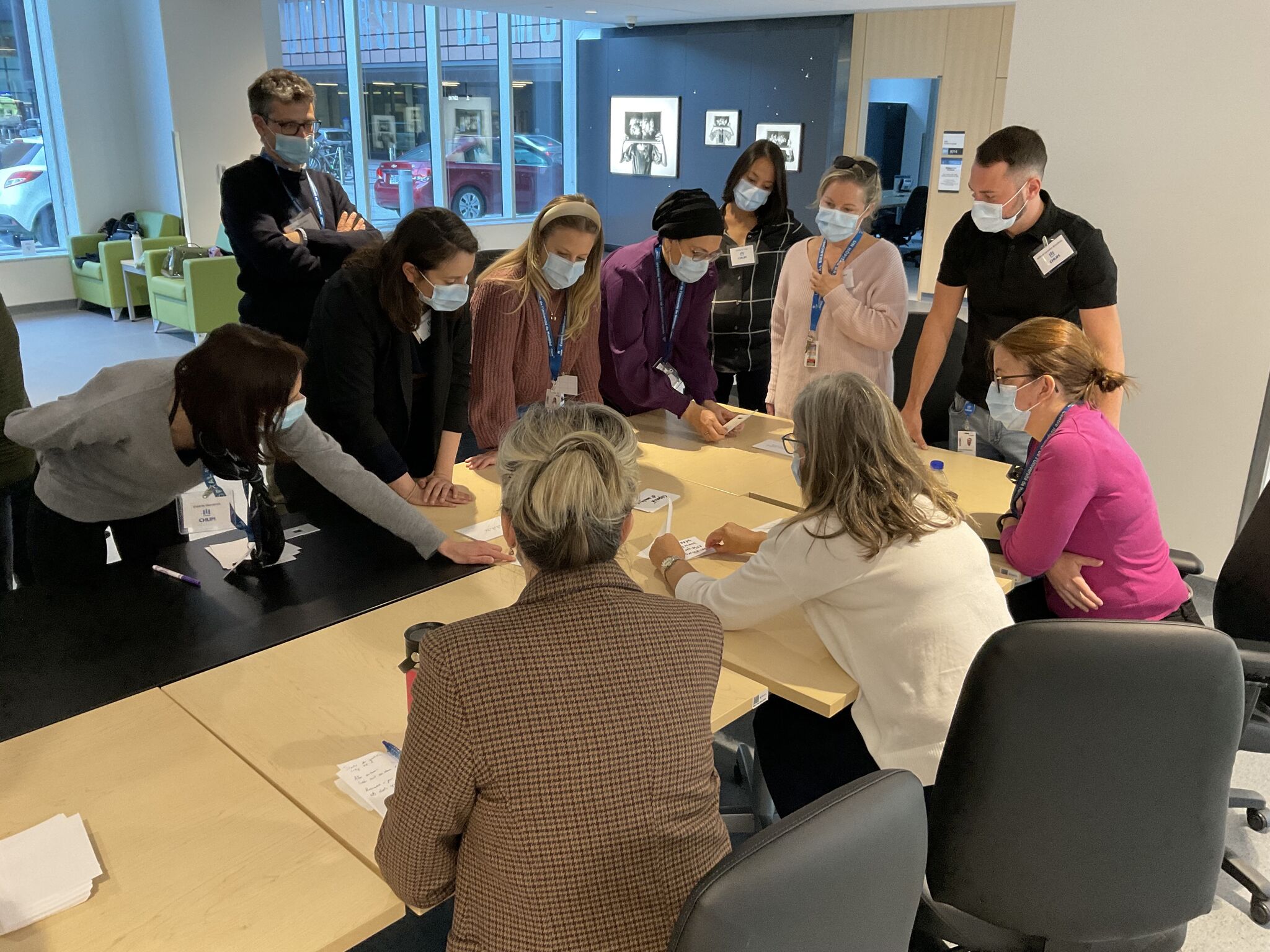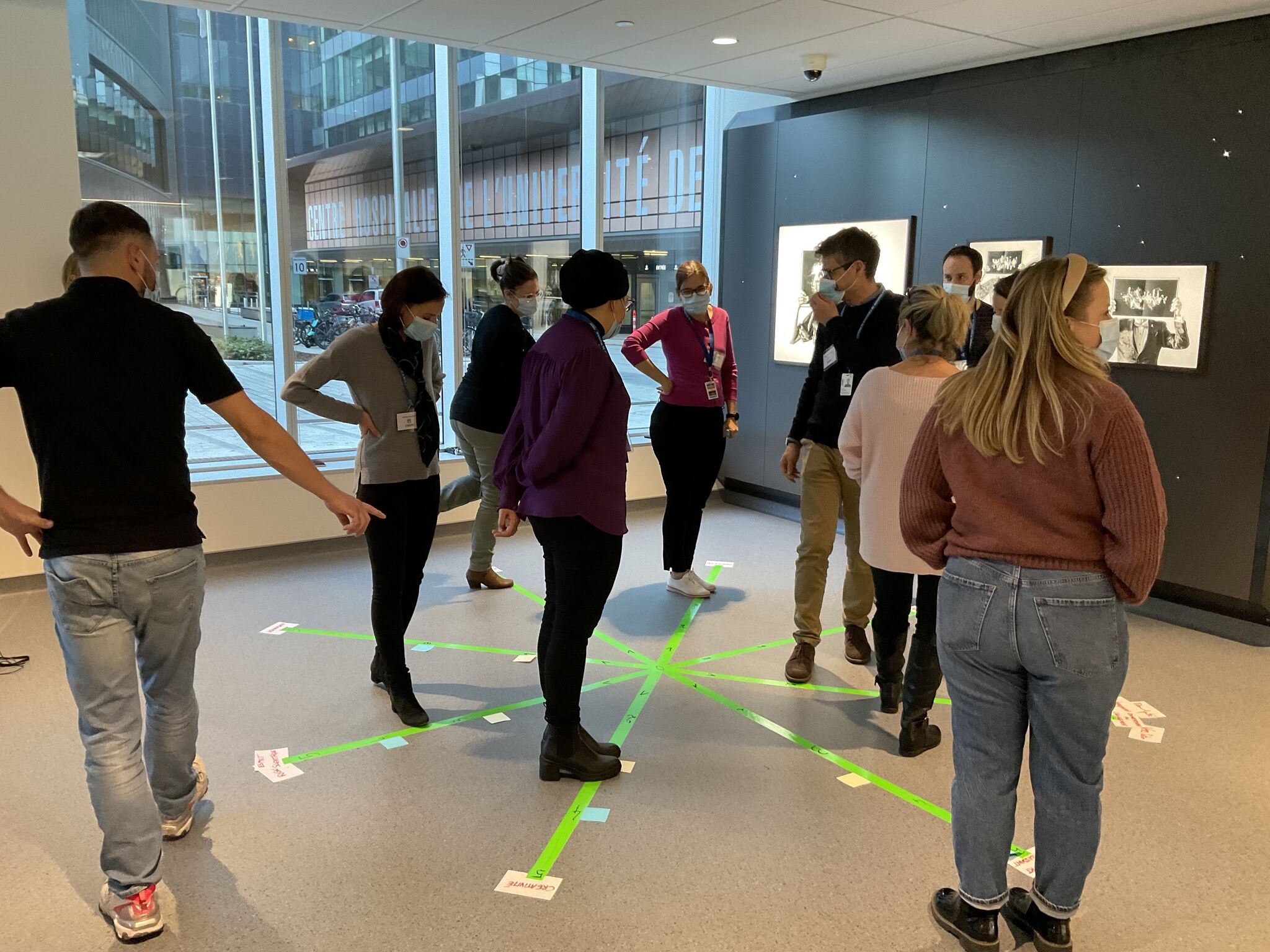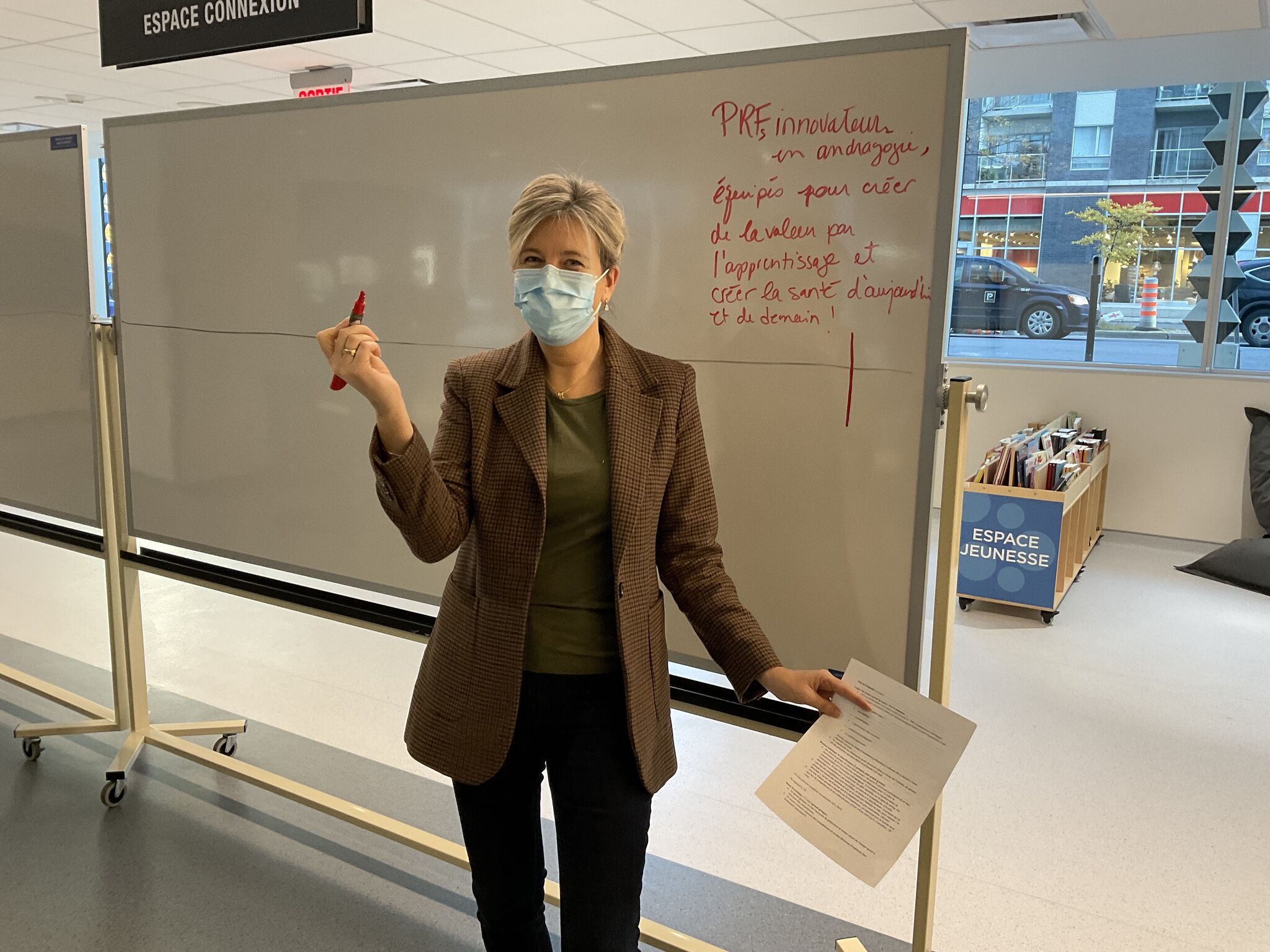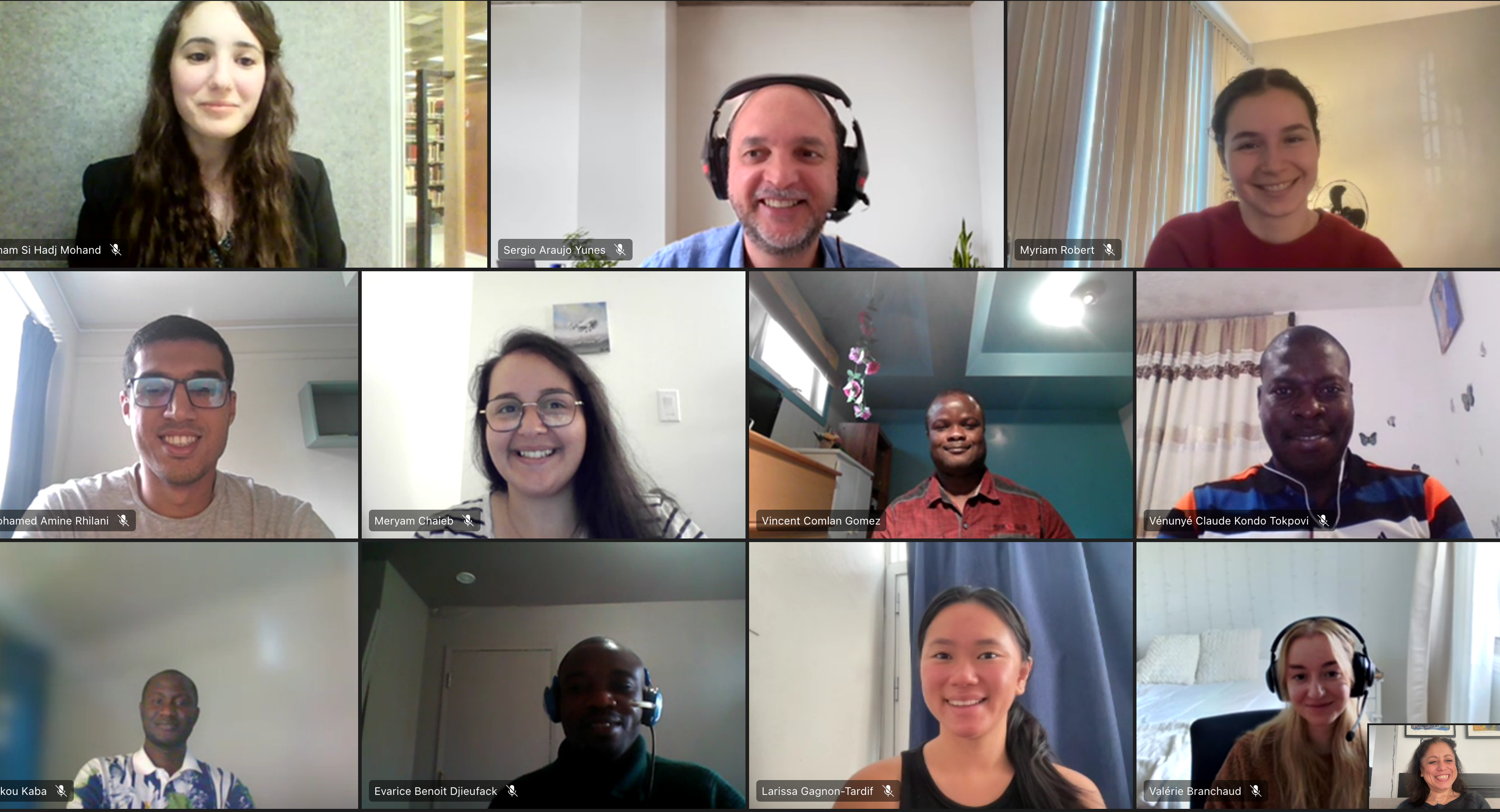Active – AI-Healthcare Transformation: Empowering professionals with training responsibilities (PTRs) to develop the skills needed for the future in healthcare
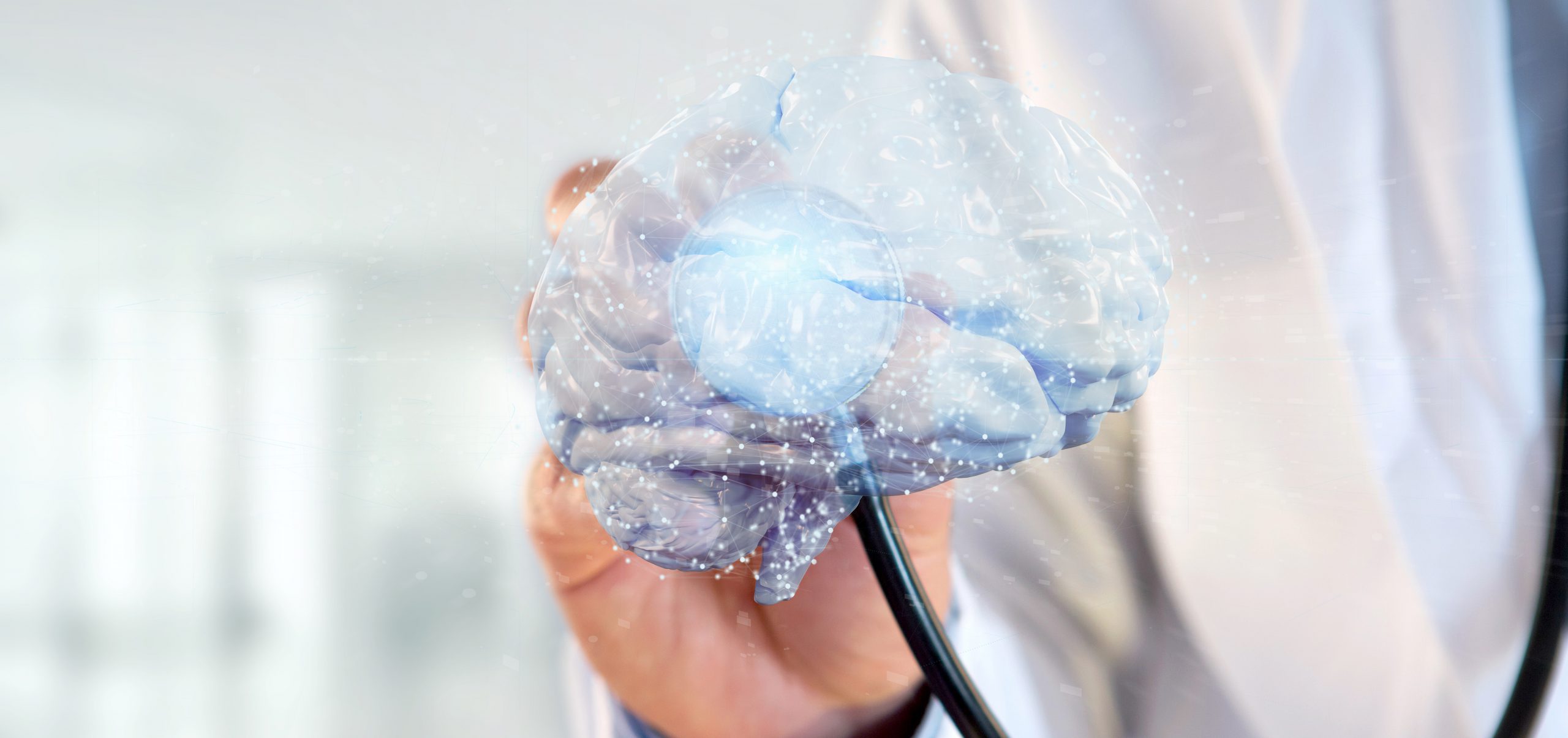
New knowledge and innovations, including artificial intelligence (AI), are accelerating the transformation of the healthcare workplace. The need for professional development and reskilling is urgent. Organizations must quickly revisit their skills development strategy and invest in professionals with training responsibilities (PTRs). PTRs in health care include, among others, physicians, nurses, technologists, educators, researchers, managers, and patients. These specialists deploy their expertise daily, in a decentralized and heterogeneous manner, to develop the talent of care and service teams. With their many roles (e.g., members of professional committees + academic responsibilities), FRPs are undeniable levers for developing the skills of the future in health care.
Digital transformation is leading to significant changes for professionals with training responsibilities (PTRs), requiring them to develop new skills and update training content to include artificial intelligence. Additionally, it is transforming their methods and roles to enhance the transfer of learning and meet the diverse needs of their learners, while also necessitating the integration of AI into their training tools and approaches for improved analysis, personalization, and optimization of teaching and learning.
Develop a collaborative, living AI-health andragogy platform to equip PTRs to better educate with, through, and by AI and support PTRs’ lifelong learning
- Accelerate professional development of PTRs
- Equip PTRs to better train with, through, and about AI
- Support PTRs’ lifelong learning to meet the needs of their learner groups in the context of digital health transformation
Team
This pilot project is led by Professor Nadia Naffi (Laval University) and Nathalie Beaulieu, Director of Education and Academy (DEAC), in collaboration with the International Observatory on the Societal Impacts of AI and Digital Technologies (OBVIA). It takes place at the Centre hospitalier de l’Université de Montréal (CHUM) and will be shared throughout the health network.

Julie Grégoire
Learning and Development Strategy Advisor

Kim Lefrançois
Educational Technologist
Collaborators
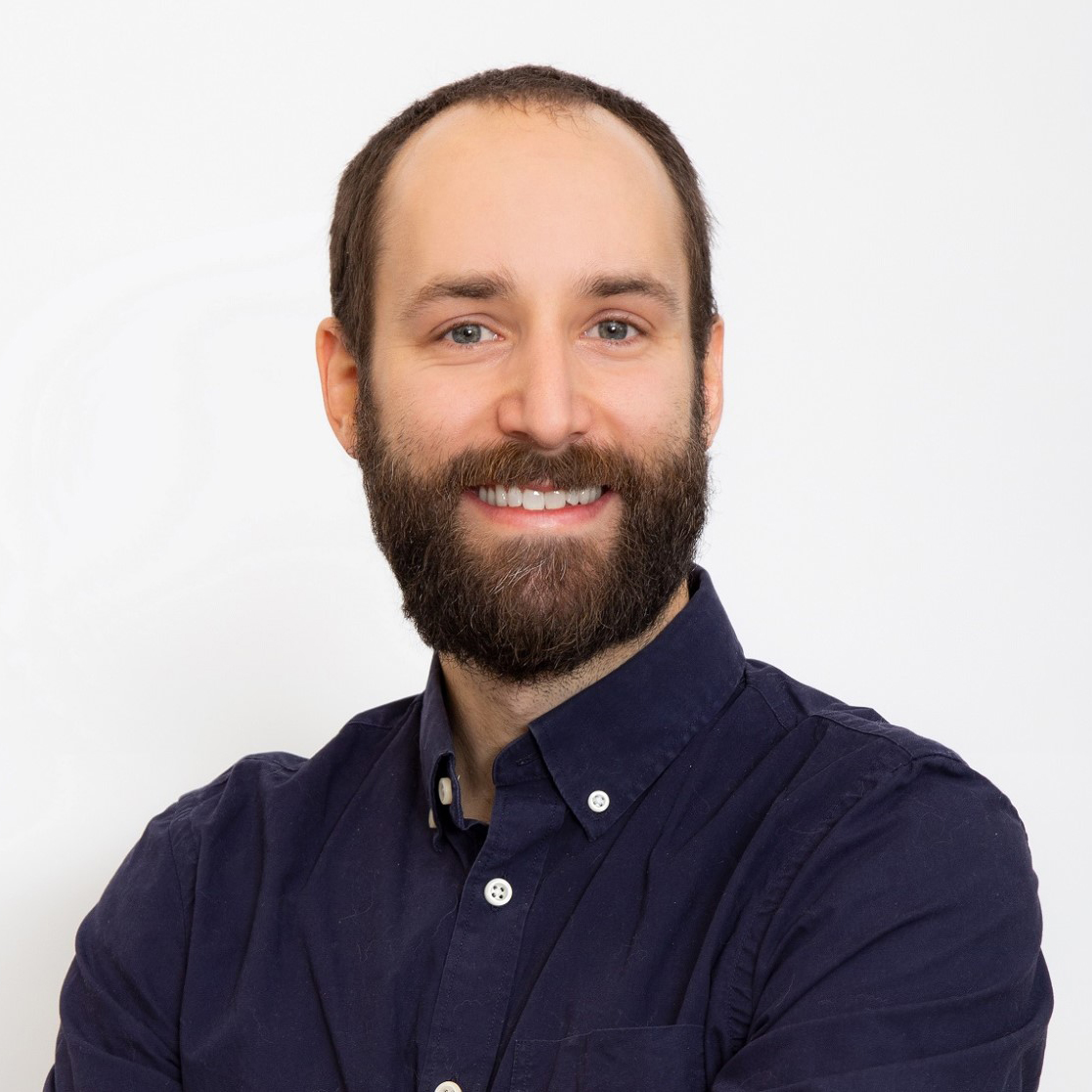
Benjamin Bousquet-Lemieux
Educational advisor
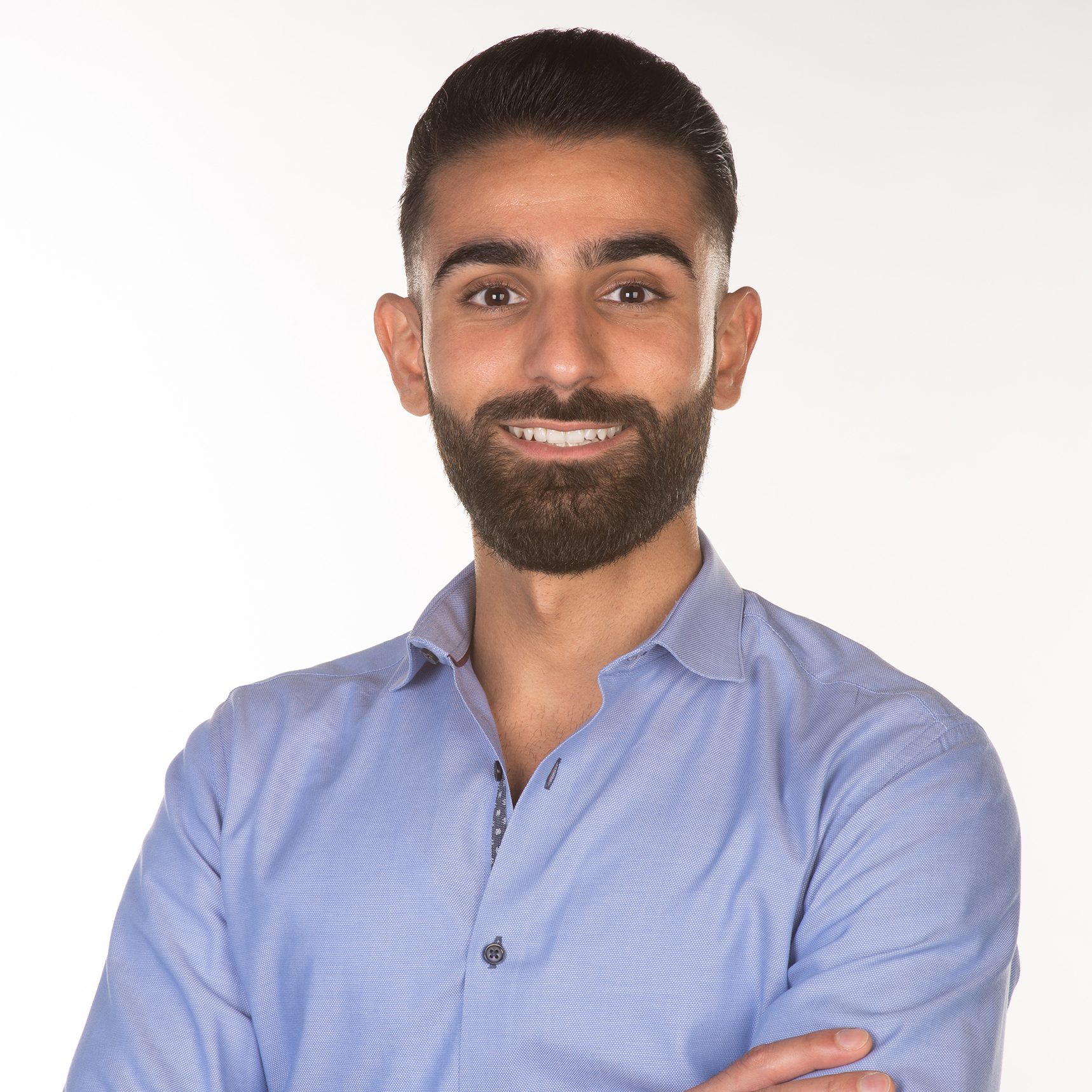
Jean-Pierre Hamzo
Educational advisor
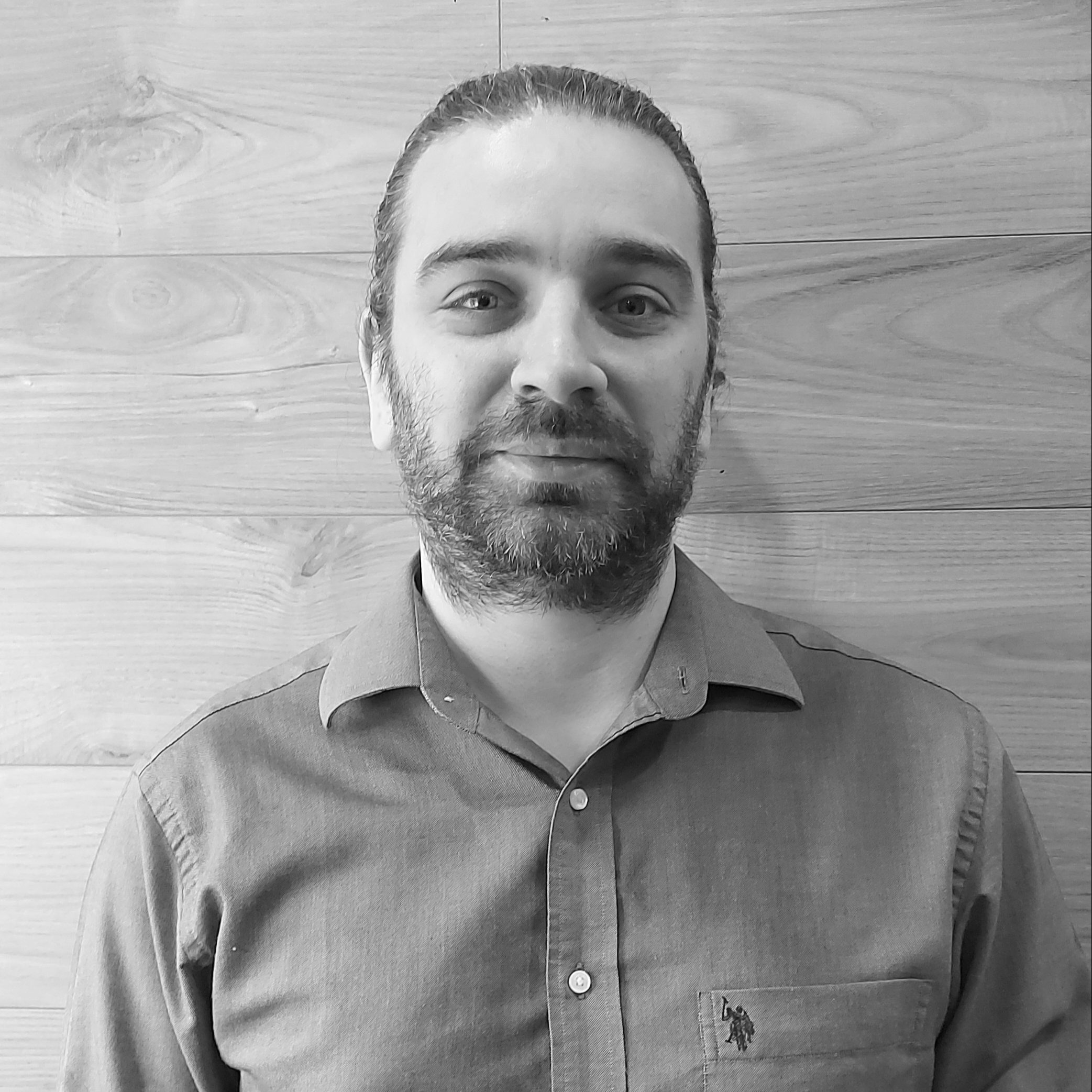
Vincent Beaulac
Educational advisor
Professionals and research assistants
Many thanks for the past contributions
The team in action
Grant
This project receives funding from the Ministère de l’Économie et de l’Innovation, for an amount of $300,000, as part of the NovaScience program, volet 2B: Soutien aux initiatives de formation en intelligence artificielle (AI). The total cost of the project is estimated at $400,000.




